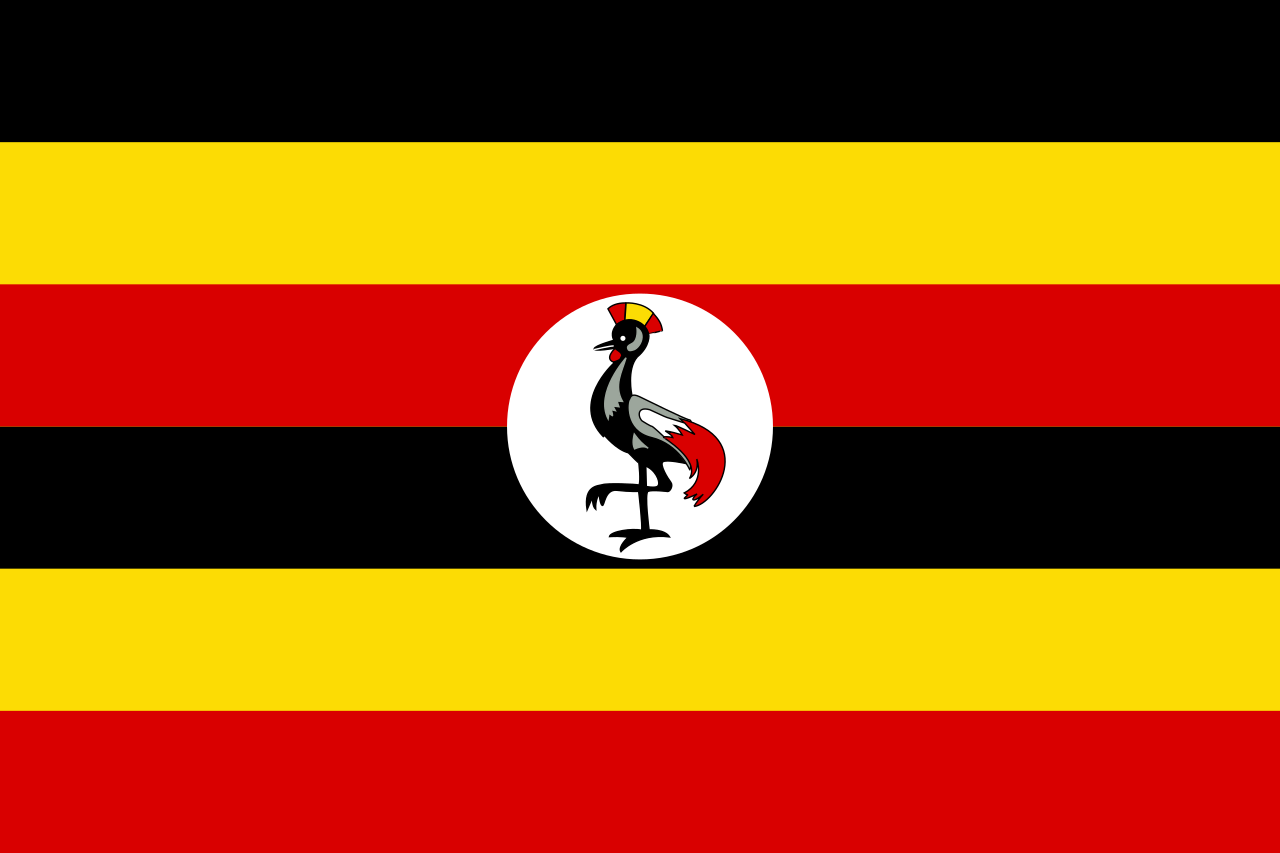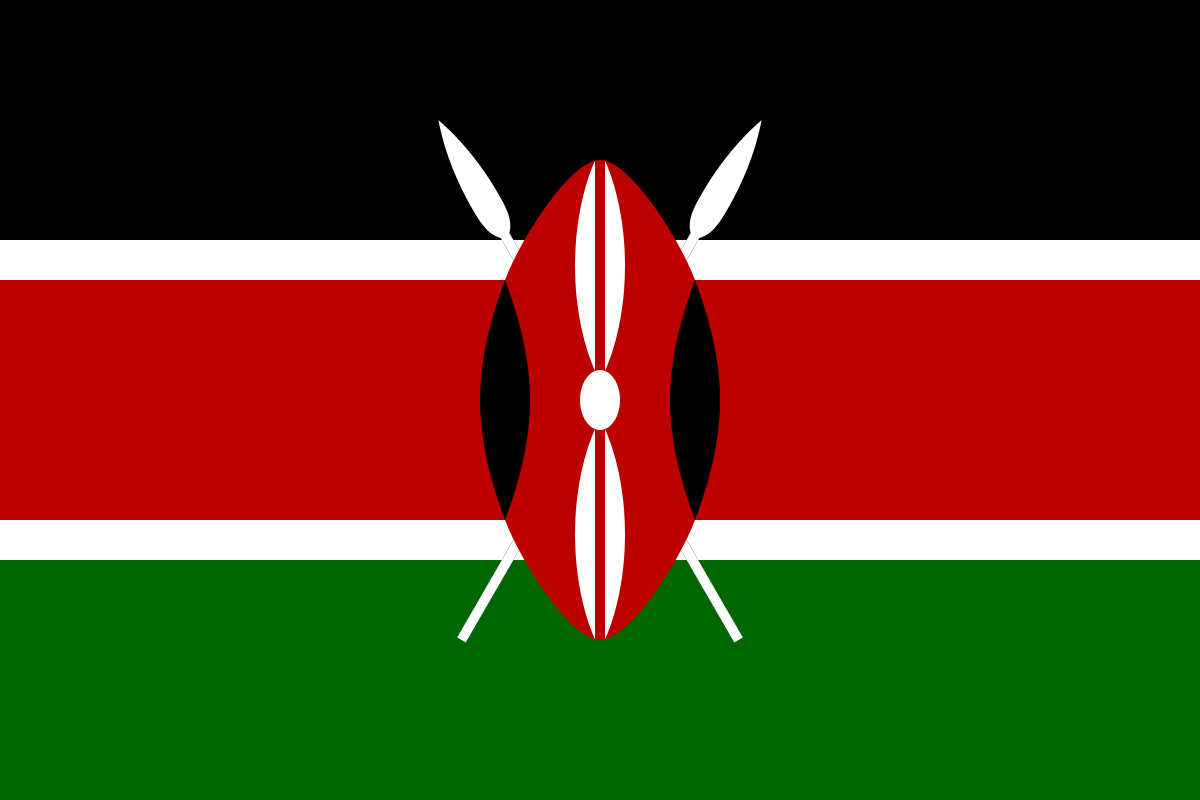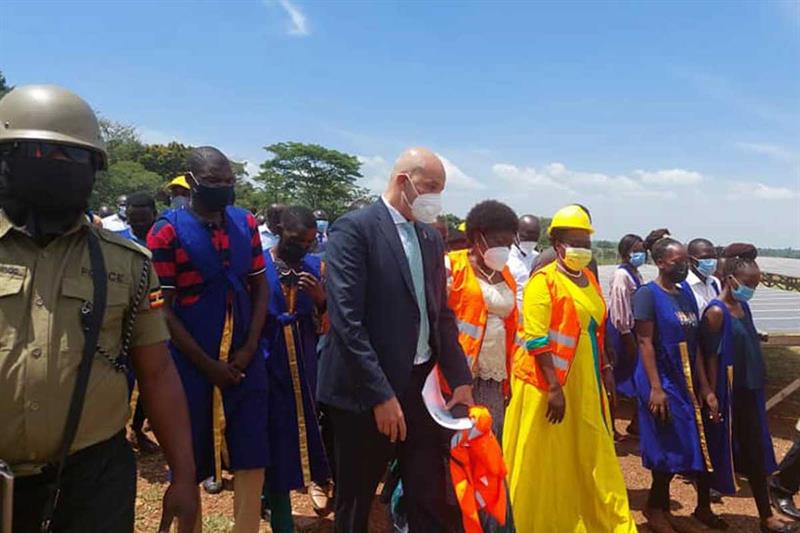- Details
- Julius Mbaluto
- Technology
- 904
KAMPALA, May 10 (Xinhua) -- The International Atomic Energy Agency (IAEA) has cleared Uganda to start building a nuclear facility for power generation, a visiting top official of the agency said here.
According to a State House statement issued here, Aline Des Cloizeaux, IAEA's director in charge of Nuclear Power for Africa, told Ugandan President Yoweri Museveni Monday that IAEA has come up with recommendations for the East African country to start building and production of nuclear power.
"In the first phase, we have concluded that Uganda is ready for the plant. We in the agency, we are ready for all the support through training so that the project becomes reality," she said, adding that the mission of the agency is to help and enable member countries to have a safe and secure plant.
Museveni said Africa is interested in nuclear power (electricity) and not nuclear weapons.
"For us, we want that power for electricity, for agriculture and not for nuclear weapons," he said after receiving a report from IAEA.
"(I) am glad that you are satisfied, that we are doing what is required," Museveni said, adding that the reason Uganda is going for nuclear energy is that the hydropower sources are not sufficient.
Uganda has so far trained 22 people at the level of master's degree in nuclear science. A school is soon to be set up to train lower cadres in the field of atomic energy, according to the ministry of energy.
Sidronius Opolot Okasai, the minister of State for Energy, said Uganda has adopted the IAEA phased approach for the development of national infrastructure for nuclear power.
The approach consists of three phases: phase one, understanding commitments, obligations and resource requirements before embarking on nuclear power project. Phase two, building specialized nuclear institutions and preparatory work toward construction and phase three, managing construction and preparing for commissioning and operation.
Okasai said a nuclear power plant site has already been identified, including the acquisition of land to host the 2,000 MW nuclear power plant. - Xinhua









